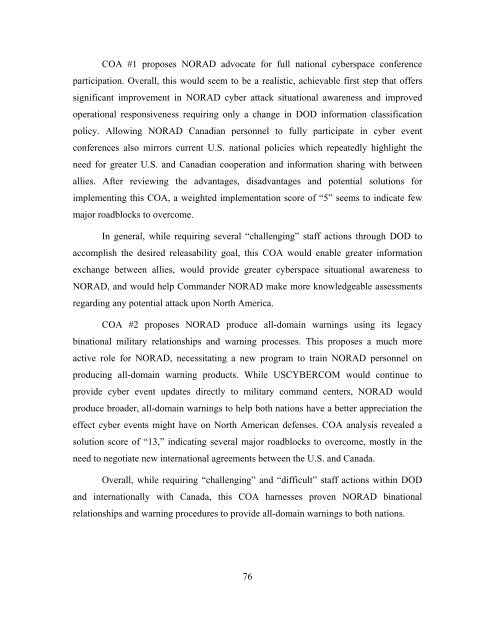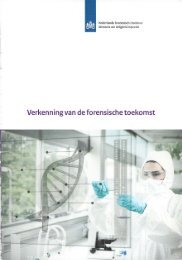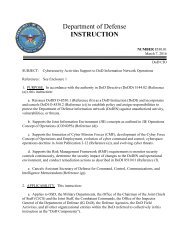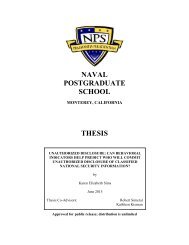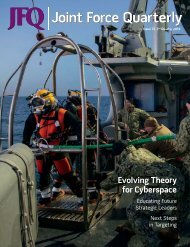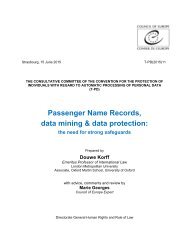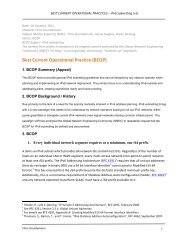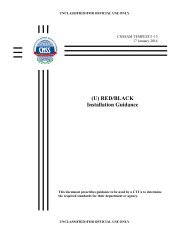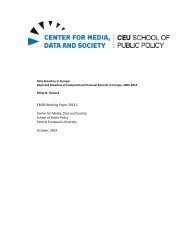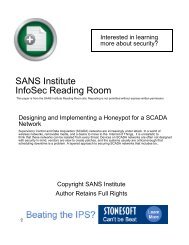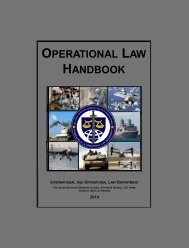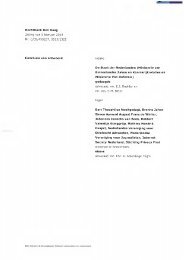SCHOOL THESIS
?view&did=788526
?view&did=788526
Create successful ePaper yourself
Turn your PDF publications into a flip-book with our unique Google optimized e-Paper software.
COA #1 proposes NORAD advocate for full national cyberspace conference<br />
participation. Overall, this would seem to be a realistic, achievable first step that offers<br />
significant improvement in NORAD cyber attack situational awareness and improved<br />
operational responsiveness requiring only a change in DOD information classification<br />
policy. Allowing NORAD Canadian personnel to fully participate in cyber event<br />
conferences also mirrors current U.S. national policies which repeatedly highlight the<br />
need for greater U.S. and Canadian cooperation and information sharing with between<br />
allies. After reviewing the advantages, disadvantages and potential solutions for<br />
implementing this COA, a weighted implementation score of “5” seems to indicate few<br />
major roadblocks to overcome.<br />
In general, while requiring several “challenging” staff actions through DOD to<br />
accomplish the desired releasability goal, this COA would enable greater information<br />
exchange between allies, would provide greater cyberspace situational awareness to<br />
NORAD, and would help Commander NORAD make more knowledgeable assessments<br />
regarding any potential attack upon North America.<br />
COA #2 proposes NORAD produce all-domain warnings using its legacy<br />
binational military relationships and warning processes. This proposes a much more<br />
active role for NORAD, necessitating a new program to train NORAD personnel on<br />
producing all-domain warning products. While USCYBERCOM would continue to<br />
provide cyber event updates directly to military command centers, NORAD would<br />
produce broader, all-domain warnings to help both nations have a better appreciation the<br />
effect cyber events might have on North American defenses. COA analysis revealed a<br />
solution score of “13,” indicating several major roadblocks to overcome, mostly in the<br />
need to negotiate new international agreements between the U.S. and Canada.<br />
Overall, while requiring “challenging” and “difficult” staff actions within DOD<br />
and internationally with Canada, this COA harnesses proven NORAD binational<br />
relationships and warning procedures to provide all-domain warnings to both nations.<br />
76


